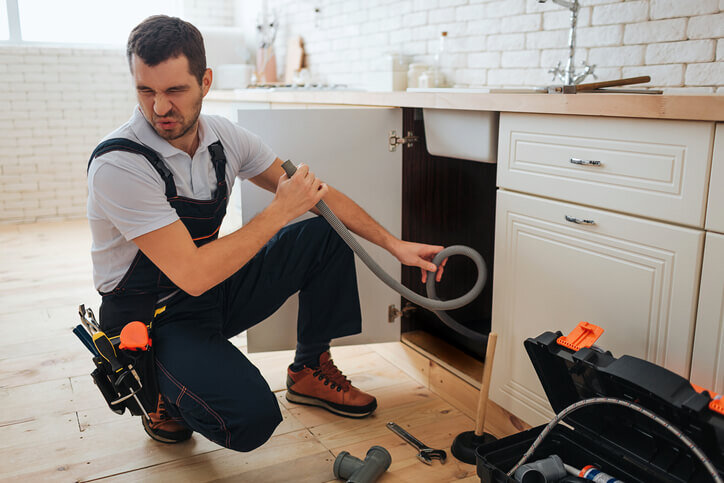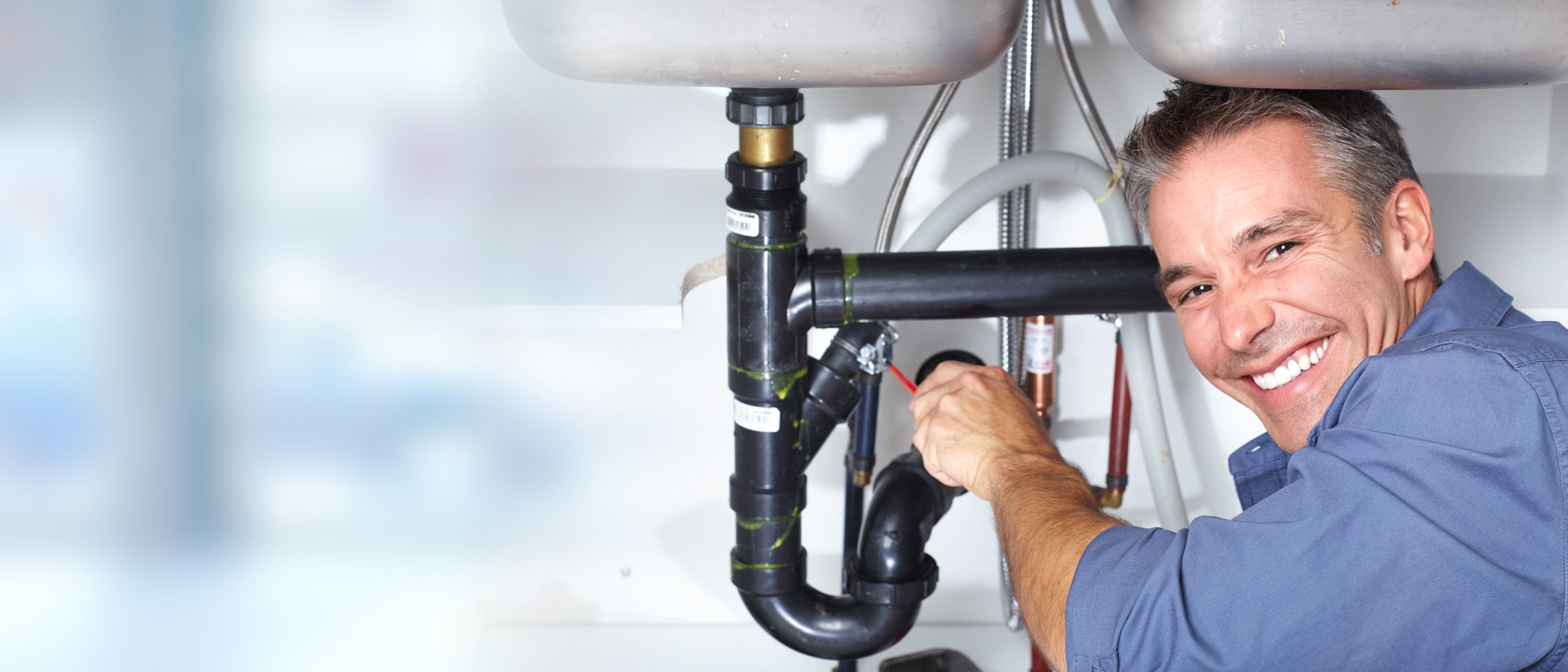Prevent The Six Practices Which Are Destroying Your Plumbing
Prevent The Six Practices Which Are Destroying Your Plumbing
Blog Article
How do you really feel in relation to Leak Detection and Repair Without Destroying Your Home?

The key to durable home appliances, unsurprisingly, is proper maintenance. There's no set rule that can assure your plumbing devices a lengthy wear, however you can avoid unnecessary damages as well as fixings by staying clear of poor plumbing habits.
You must stop doing these 6 points else you'll keep calling your plumber over for minor faults.
Flushing everything
Yes, your bathroom drain causes the sewers, but that does not suggest you ought to dump simply anything away. Several 'flushable' products are really wonderful obstruction beginners, for instance floss. Asides maintaining obvious non-flushable products like cords and also plastics out of your toilet, you need to additionally avoid flushing cotton swab, menstruation items, wipes, daipers as well as condoms down the toilet drain.
DIYing everything
With plumbing, a stitch in time truly does save nine. You can protect against a fullblown plumbing emergency by calling your plumber at the correct time.
You might have found out a couple of plumbing hacks from your dad, but you should certainly know where to draw the line and also call a professional. As an example, you may be able to take care of an obstruction on your own, yet you shouldn't try to alter a pipe. You could inequality pipes or overtighten a bolt, triggering even more injury as well as damages than you thought. Calling a plumber is a risk-free and cost effective decision.
Making use of too much drain cleaner
Utilizing a drainpipe cleaner greater than once or twice a month is a sign that something major is taking place within your pipes. Now, rather than dealing with the main problem, you go for a quick fix; a fizzy drainpipe cleaner. Rightfully, a drain cleaner will care for the obstruction, however at what price?
The chemicals in a drain cleanser can speed up the corrosion of your pipes. Include that to whatever underlying problem is creating the obstruction and you might need to a serious issue on your hands.
If you experience a lot of blockages, call your emergency plumber rather than utilizing a drainpipe cleaner.
Pouring oil in the sink
We understand effectively getting rid of grease after a hearty meal is a discomfort. But merely putting it down the drain can do long-term harm to your pipelines. "The fat and also grease can clog your drain terribly adequate to force you to call a plumber," describes Dawson. "Plumbing works best when it's well cared for-- not abused with oil."
Not altering your dish washer pipes
One easy method to ensure that you utilize your dish washer for years is to change the pipe at least when in five years. This also applies for cleaning maker hoses.
In time, food particles, soap and also grease can create clogs within your pipes. Replacing them on schedule will certainly protect against any kind of presure accumulate that can damage the internal operations of your dishwashing machine or washing equipment.
An enhanced steel braided tube does a great task of prolonging your maker's usage time.
No winter months safety measures
Severe weather misbehave for your pipes, specifically if they're made of steel. You must insulate your subjected pipelines, and also your water container, even if you have a water heater. You need to likewise shut off your yard tube shutoff and also any other external water channels. These networks are outlets for cold; you pipes can begin to ice up from outdoors if you do not.
Prevent Water Damage from Plumbing and Appliances
Prevent toilet failure
Be patient after you flush and wait for the valve to completely finish refilling the tank and bowl. If an overflow looks imminent, lift off the tank cover and lift the float to shut off water flow to the tank, and then turn off the supply valve.
Twice a year, inspect a toilet’s components, such as the fill, supply, and flush valves, and the supply line. Make sure you can turn off the supply. If you have older screw type valves that are hard to turn or start leaking, consider replacing them with simpler ball valves that are easy to shut off quickly.
Inspect and maintain your water heater
Inspect your anode rod every two years, or every year once the warranty has expired, to determine if it needs to be replaced.
Flush water heater tanks every six months to remove sediment by attaching a garden hose to the valve at the base. For safety, first turn off the power and run hot water until it is cool.
Get an annual inspection from a plumbing professional including the shut-off valve and all piping. Signs of broken valves and loose or wet joints and rust are a sign that more severe damage is coming.
Maintain washing machine supply lines
Look for signs the supply hose may be ready to fail—blisters in the hose, worn tubing, stress cracks, or a loose connection.
Replace the supply hose with a reinforced steel braided hose if it shows any sign of wear.
Tighten the connection if it feels loose. The most common site of failure is near the connection where the hose bends.
Replace supply hoses every five years, even if there is no obvious deterioration or wear. Some signs of deterioration may occur from the inside out and may not be visible until it is too late. When replacing washing machine supply hoses, always choose a reinforced steel braided hose over the traditional un-reinforced rubber hose. These hoses will last longer and are far less likely to result in a catastrophic water loss.
Prevent plumbing failure
Never pour grease down the drain.
Plant trees away from lateral drain lines to prevent roots from damaging piping.
If your home’s sewer system is connected to the city’s sewer system—a particular problem for older homes—or if you are located downhill or below street level, contact a plumbing professional to install a backflow prevention assembly into your sewer system.
Call a professional if you notice signs of a plumbing problem—an increased monthly water bill, banging pipes, rust stains, moisture in the walls or on the floor, and signs of wet soil erosion near the foundation.
https://disastersafety.org/maintenance/prevent-water-damage-from-plumbing-and-appliances/

As an avid person who reads about Don’t Let an Earthquake Damage Your Plumbing, I imagined sharing that article was important. Do you know about another individual who is fascinated by Don’t Let an Earthquake Damage Your Plumbing? Do not hesitate to share it. Bless you for your time. Please check our site back soon.
More Details Report this page